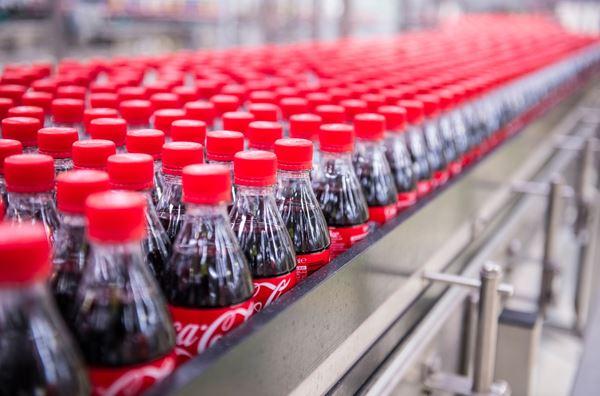Africa is fast becoming the new battleground for the global soft drink empire — and Coca-Cola has just made its biggest move yet. In a deal that reshapes the company’s African strategy, Swiss-based Coca-Cola Hellenic Bottling Company (Coca-Cola HBC) has struck a $2.6 billion agreement to take control of Coca-Cola Beverages Africa (CCBA), buying out a majority 75% stake.
The acquisition — one of the largest ever in Africa’s consumer goods sector — brings together two major players under one umbrella, propelling Coca-Cola HBC into the position of the world’s second-largest Coca-Cola bottling partner by drink volume, trailing only Mexico’s Coca-Cola FEMSA.
Under the terms, Coca-Cola HBC will absorb both the 42% stake held by the U.S. parent company, Coca-Cola, and the entire shareholding of Gutsche Family Investments (GFI), valuing CCBA at around $3.4 billion. For Coca-Cola, the transaction signals confidence in Africa’s long-term potential — a market where population growth, urbanisation, and youthful consumers are reshaping consumption patterns faster than anywhere else in the world.
According to J.P. Morgan, the combined entity will now handle two-thirds of Coca-Cola’s total beverage volume across Africa, distributing top brands like Fanta, Sprite, and Monster, and reaching over half of the continent’s population.
“This acquisition is about growth,” declared Zoran Bogdanovic, CEO of Coca-Cola HBC, emphasising that Africa represents the company’s next major frontier.
Coca-Cola’s Chief Operating Officer Henrique Braun echoed that sentiment, calling Coca-Cola HBC “a strong and valued bottler” positioned to “usher in the next chapter of growth” for CCBA.
Founded in 2014, CCBA has long been a linchpin in Coca-Cola’s African network, spanning 14 markets from South Africa to Ethiopia. The deal gives Coca-Cola HBC the operational scale and logistical reach to dominate in territories where rising middle-class incomes and youthful demographics are driving beverage demand.
As part of the expansion, Coca-Cola HBC — already listed in London and Athens — plans to add a secondary listing on the Johannesburg Stock Exchange (JSE), further deepening its African roots. The company also retains an option to buy the remaining 25% of CCBA within six years, solidifying its control over time.
The move marks a strategic rebound for Coca-Cola HBC, which has been rebalancing its portfolio since exiting Russia in 2022, once one of its largest markets. With trade tensions and tariff uncertainties clouding global sentiment, Africa’s emerging economies offer both growth and diversification.
Coca-Cola HBC’s emerging markets portfolio, which includes African, Eastern European, and Balkan territories, continues to lead in both sales and volumes — yet none accounts for more than 20% of its total. The African expansion could change that equation dramatically.
Despite market jitters that saw its London-listed shares dip by 4.7% before recovering to a 1.2% decline, Coca-Cola HBC reaffirmed its full-year sales outlook. Analysts at Rothschild, the deal’s sole adviser to Coca-Cola, called it a landmark moment in African consumer goods history.
Goldman Sachs and UBS advised Coca-Cola HBC on the transaction, while Nomura represented Gutsche Family Investments.
As global beverage giants look for their next billion customers, this acquisition underscores a powerful message: Africa isn’t just an emerging market anymore — it’s the future of Coca-Cola’s global growth story.

